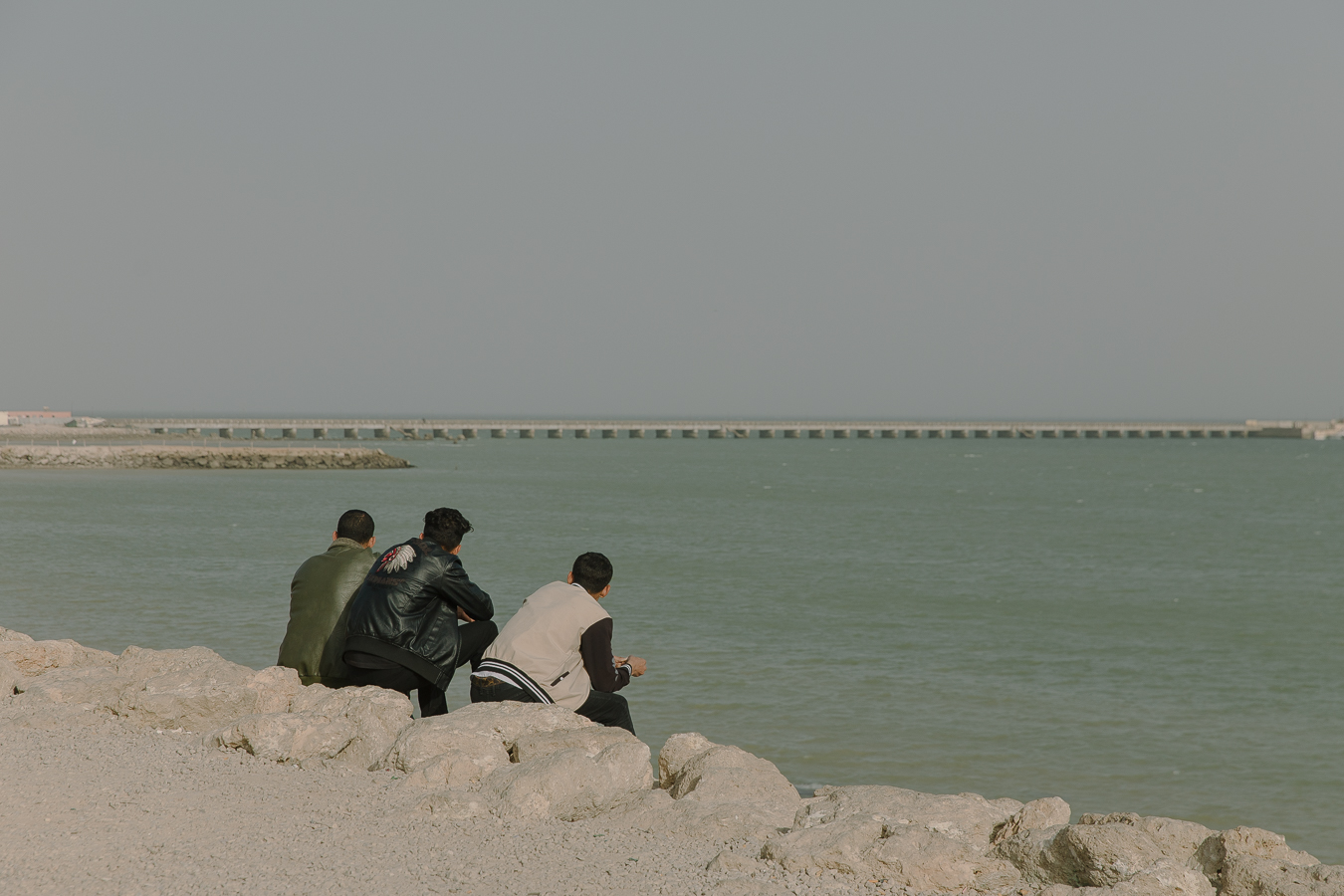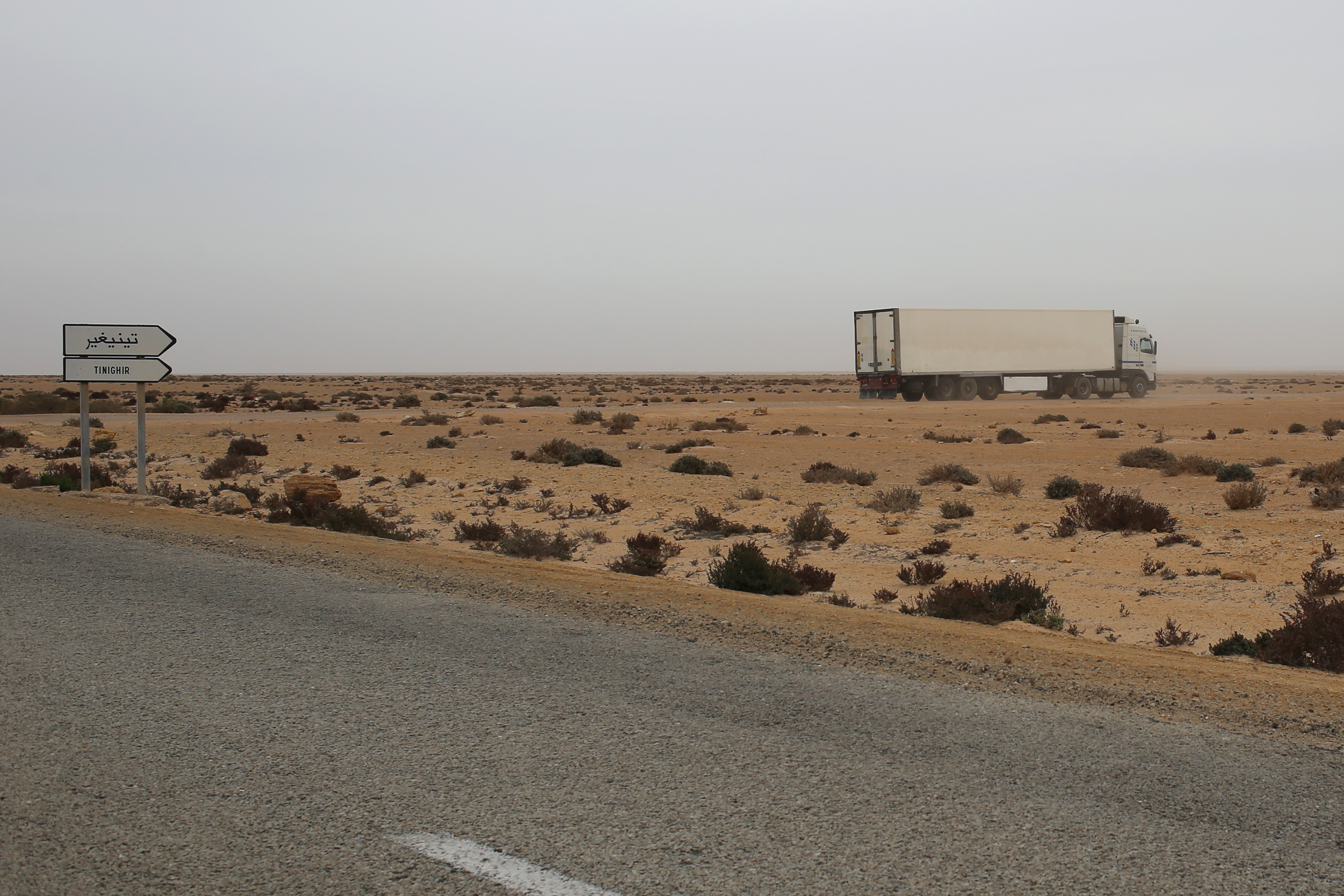
In the UN Human Right Council today, Spain failed to assume responsibility with regard to the exploitation of occupied Western Sahara's natural resources. Namibia is not having it.
In the framework of the 44th session of the UN Human Rights Council (UNHRC), Spain today, 16 July 2020, presented its response to the recommendations it had received during its third Universal Periodic Review; a peer review by other UN Member States of the country's human rights slate.
During Spain's third UPR session in January this year, Namibia and East Timor had raised their concern about Spain's involvement in the taking of Western Sahara's natural resources. The two countries had formally issued four recommendations to Spain, that were noted in the "Report of the Working Group on the Universal Periodic Review - Spain", a summary document published by the UNHRC in March 2020.
These are the recommendations made by Namibia and East Timor to Spain on Western Sahara:
150.56 - Enact appropriate national legislation to ensure that Spanish individuals and corporations do not unlawfully participate in the taking of Western Sahara’s resources (Namibia);
150.57 - Refrain from engaging in any economic activities relating to the territory of Western Sahara that does not have the free, prior and informed consent of the people of Western Sahara (Namibia);
150.59 - Ensure the full implementation of the Guiding Principles on Business and Human Rights in the context of the exploitation of Western Sahara’s natural resources (Timor-Leste);
150.60 - Refrain from engaging in any economic activities in or relating to the territory of Western Sahara that do not have the free, prior and informed consent of the people of the territory (Timor-Leste).
Namibia and Timor Leste were prior to independence from neighbouring South Africa and Indonesia themselves categorised both as non-self-governing and occupied, the same two statutes as apply to Western Sahara today.
Today, Spain declared that it "partially accepts" the recommendations made by Namibia and East Timor. In relation to the total of 13 recommendations that were only partially accepted by his country, Spain's Ambassador to the Geneva-based UN institutions, stated the following to the UN Human Rights Council: "we agree in broad terms but we can only partially implement them, whether this is because there are differences as to how we implement them, or factors in our legal, budgetary or constitutional order that impede their full implementation".
Namibia responded immediately, and did not hold back. "Namibia however regrets to note that its recommendations on the exploitation of the resources of the Non-Self-Governing Territory of Western Sahara were only partially accepted by Spain. There should be no excuse to participate in the illegal exploitation of the resources of the people of Western Sahara. The right to decide over the resources found in and on the territory, and how to exploit them or conserve them, belongs exclusively to the people of Western Sahara. This right is articulated under common articles 1 of the ICCPR and ICESCR and must be respected by the occupying power and any third party such as Spain. We therefore urge Spain to do the right thing and ensure full implementation of these recommendations. This duty is owed to the people of Western Sahara, who continue to live in poverty while their resources are being plundered by the occupying power and companies of third countries", the country stated in front of the UN Human Rights Council.
Western Sahara Resource Watch (WSRW) understands that the UN does not officially recognize "partial acceptance" of recommendations. According to the UN’s UPR guidelines, partially accepted and rejected recommendations are categorized identically as “noted" - a de facto rejection.
"We consider this a cop-out", says Sara Eyckmans of Western Sahara Resource Watch. "By only "partially" accepting these pertinent recommendations made by East Timor and Namibia, without clearly explaining as to which part of the recommendations it is willing to commit to, Spain makes it impossible for the international community to assess whether it is taking any steps towards implementation. In this way, Spain is seeking to avoid accountability internationally, and responsibility specifically vis-à-vis the people of Western Sahara."
WSRW in collaboration with Spanish NGO Novact had submitted a stakeholder report for this particular UPR cycle, stressing that Spain should be held accountable for its human rights track-record inside of the territory it has never lawfully and responsibly decolonized: Western Sahara. The report recommended Spain to respect, protect and fulfill their human rights obligations vis-à-vis the people of Western Sahara, in particular not to undermine the right to self-determination and the right to their natural resources.
Spain has a legal duty to decolonize the territory of Western Sahara and continues to bear responsibilities for the indigenous Saharawi people. This was confirmed in two decisions by Spain’s own National Court in 2014 and 2015 which state that Spain remains the administering power over Western Sahara, echoing the UN Charter and the 2002 UN Legal Opinion on Western Sahara’s mineral resources.
Yet, during Spain’s first and second UPR reviews of 2010 and 2015, no progress has been made to advance the right to self-determination in Western Sahara, nor has Spain reported on its obligations to decolonize and to ensure the well-being of the people of the territory. In addition, not a single State addressed Spain's continued responsibility vis-à-vis Western Sahara.
Canary trade mission to legal minefield
A publicly organised mission will take Canary companies into occupied Western Sahara later this month.
MSC’s name misused to whitewash controversial fish trade
The certification scheme MSC guarantees that no fisheries in Western Sahara are certified. But Spanish food distributors give another impression.
Spanish conservatives call for Western Sahara exclusion from EU-Morocco trade
The Spanish delegation to the EPP group in the EU Parliament requests that Western Sahara be excluded from the EU-Morocco trade agreement.
Brazilian cement giant Votorantim behind sand plunder
WSRW was present as the Brazilian company Votorantim last week received a cargo of sand from occupied Western Sahara in Tenerife, Spain.



